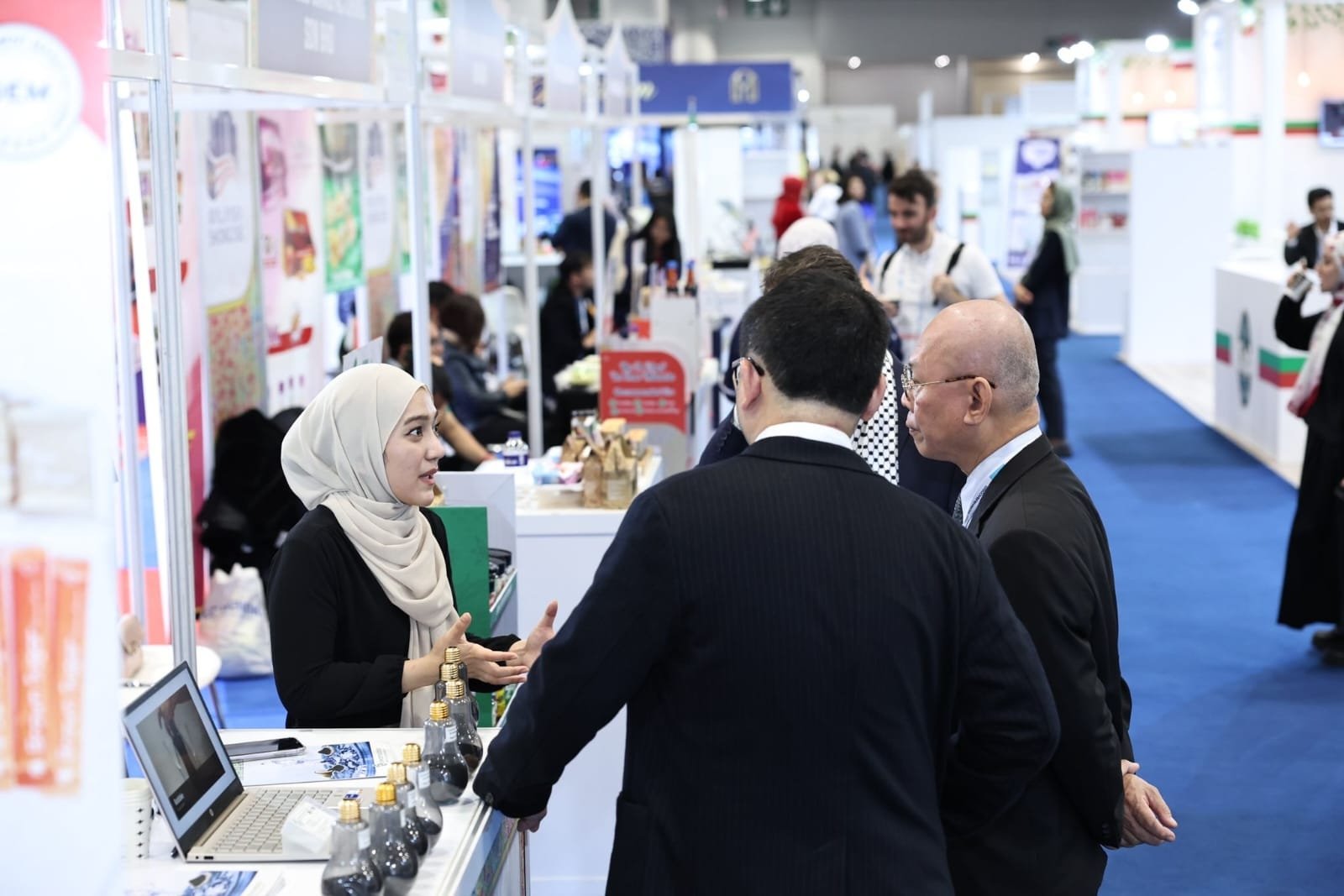Muslim women in Southeast Asia favour Japanese brands, shop online regularly and are more career driven and cosmopolitan than ever before, according to a study.
 The findings also show they are more religiously observant – and empowered – with the report concluding Muslim women present both “opportunities and challenges for brands”.
The findings also show they are more religiously observant – and empowered – with the report concluding Muslim women present both “opportunities and challenges for brands”.
The New Muslimah: Southeast Asia Focus is the first work from the Asia division of J Walter Thompson’s Innovation Group, a trend and research operation designed to provide insights for marketers.
The division launched earlier this month and is led by Kuala Lumpur-based Chen May Yee, a former journalist for The Wall Street Journal in Asia and the Straits Times in Singapore.
The report spoke to 500 Muslim women in Indonesia and 500 in Malaysia and revealed their attitudes to a diverse range of topics including halal, fashion, beauty, technology and food.
The study revealed a growing connection with religion with 94% saying Islam is “very important”, while halal is a top priority when buying food, personal care products, clothing and travel.
It found Muslim woman in Indonesia are more likely to shop online than their counterparts in Malaysia.
While one in four Malaysian Muslimah’s will purchase a product online on a weekly basis, rising to 58% once a month, those numbers in Indonesia increase to 31% and 75% respectively.
Clothing and beauty products are the most frequently purchased online followed by technology, travel and groceries.
The findings also revealed a healthy 82% of young Muslim women in Indonesia think ads reflect reality, falling to only 56% of those in Malaysia.
Japanese brands were the most sought after, ahead of European, Korean and American labels.
It also illustrated a highly connected market sector. All owned a mobile or smartphone, with four out of five women spending at least four hours online every day. WhatsApp, Facebook and Instagram were identified as the most popular social platforms.
Asked about empowerment, nearly all felt there are now more opportunities for women, although they identified a need for a stronger voice in their community and government.
 In addition, the report demonstrated a shift in thinking of younger generations, with 52% of Indonesian women aged 18-39 describing a career as “very important” against 33% of women over 40.
In addition, the report demonstrated a shift in thinking of younger generations, with 52% of Indonesian women aged 18-39 describing a career as “very important” against 33% of women over 40.
The gap was not so stark in Malaysia where almost six out of 10 younger women said a career is “very important”, and 50% of older women feeling the same.
The Innovation Group APAC director Chen May Yee said young Muslim women are showing a new set of aspirations and behaviors which represent both opportunities and challenges for brands,” said.
“Broadly speaking, they are more cosmopolitan as consumers than older generations of female Muslims and are also more religiously observant. These two trends – more Islamic and more global – have created a space of conflict, negotiation, adaptation and innovation that’s playing out across sectors.”
Worldwide, the Muslim market was estimated to be worth $1.9 trillion in 2015 and is expected to grow to $3 trillion by 2021*. But more important to marketers is how the nature of the market is changing.
“Getting under the skin of what’s happening in this rich, diverse region is core to both our clients, and our global network,” J. Walter Thompson Asia Pacific CEO John Gutteridge said. “We’re constantly looking at ways to uncover fresh insights that help deliver effective ideas



